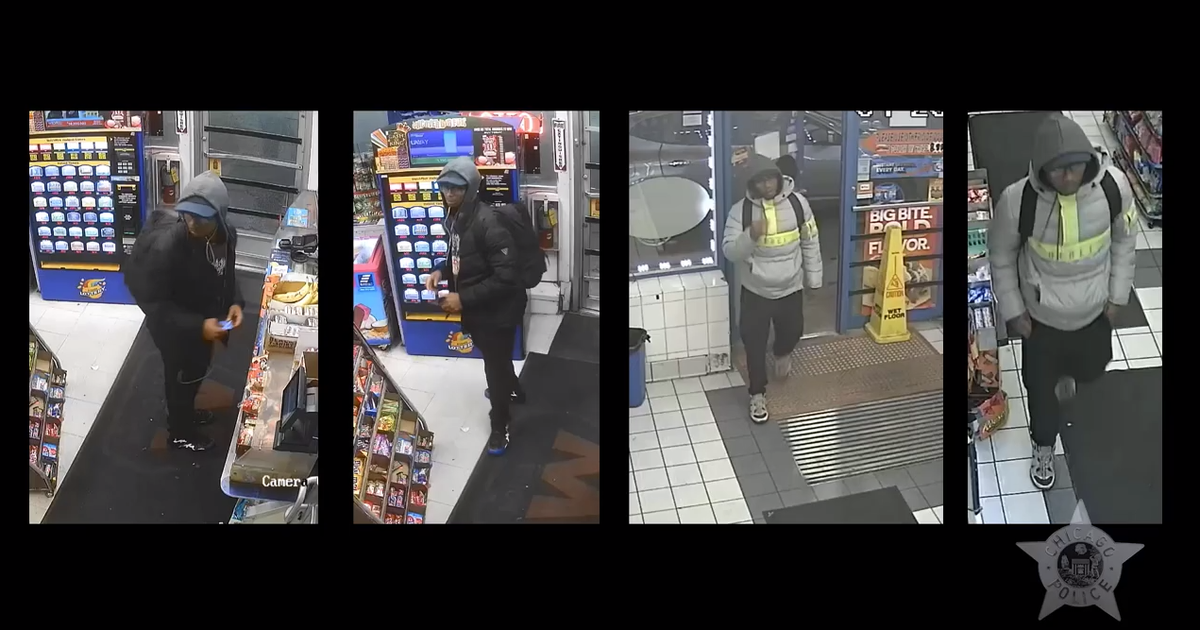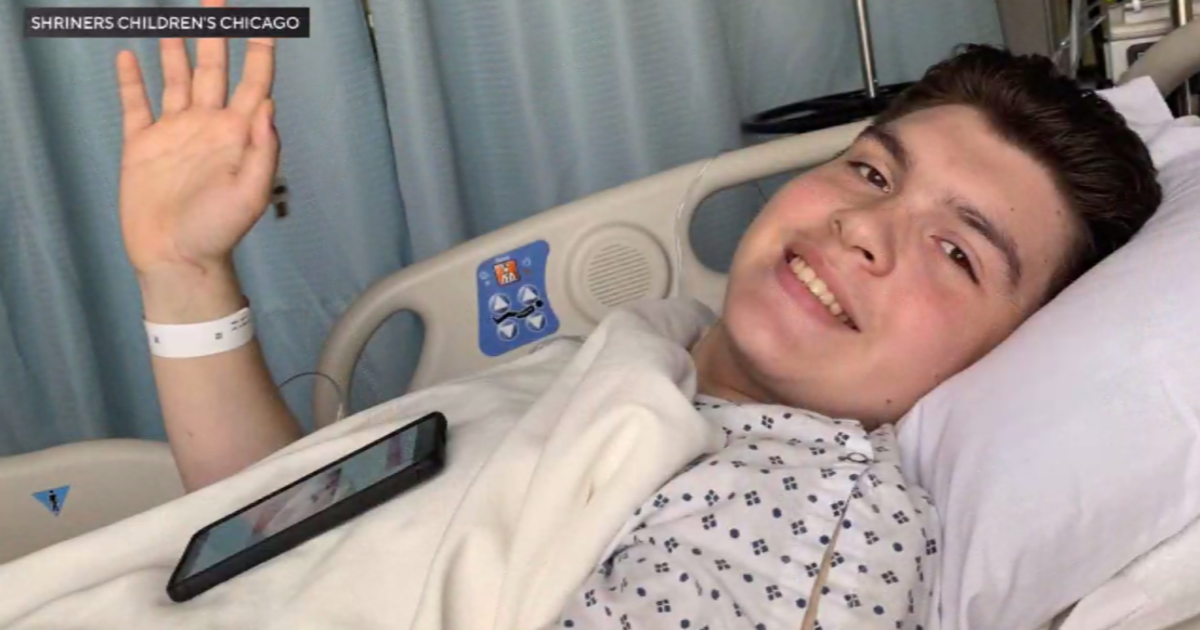Nicarico's Father: Keep Death Penalty In Illinois
BLUFFTON, S.C. (WBBM/CBS) -- The father of the murdered 10-year-old Jeanine Nicarico of Naperville says he believes a repeal of the death penalty in Illinois would be wrong.
As WBBM Newsradio 780's David Roe reports, Thomas Nicarico, who now lives in South Carolina, says the law would spare the life of his daughter's killer, Brian Dugan, which Nicarico says would be wrong.
LISTEN: Newsradio 780's David Roe reports
Podcast
Nicarico has told the Chicago Sun-Times that the 54-year-old Dugan has earned the most severe punishment the state can give, and now, he says, the state is moving to take it away.
Nicarico says the decision to abolish the death penalty is a cop-out on the part of legislators. He says the death penalty serves a purpose, and should remain intact as a deterrent and a possible punishment for the very worst offenders.
Jeanine Nicarico was abducted in February 1983 as she lay at home sick with the flu. She was sexually assaulted and murdered.
If she were alive today, Jeanine would be 38. But she only ever lived to see the age of 10.
In the ensuing years, the convictions and death sentences of two innocent men turned the case turned into a political controversy.
A year after Jeanine was killed, three men – Rolando Cruz, Alejandro Hernandez, and Stephen Buckley – were indicted on charges of her murder. A jury deadlocked on Buckley, and charges against him were later dropped. But Cruz and Hernandez were convicted and sentenced to death in March 1985.
Eight months later, an attorney for Dugan – by then already in prison for the Somonauk murder – said his client claimed to have killed Jeanine.
In 1988, the Illinois Supreme Court overturned the convictions against Cruz and Hernandez. But both were convicted again at a new trial, and while Hernandez got 80 years in prison, Cruz was sentenced to death again.
But the case pressed on, and allegations swirled that authorities had concocted evidence against Cruz and his co-defendants. At a third trial ending in 1995, Cruz was acquitted after a sheriff's lieutenant reversed prior testimony. Charges against Hernandez were dropped, and three DuPage County prosecutors and four sheriff's deputies were charged with concocting evidence. All were acquitted.
It was the fallout from the Cruz prosecution that led in large part to Ryan declaring a moratorium on the death penalty in 2000. The moratorium still stands.
Cruz was pardoned by then-Gov. George Ryan in 2002.
Meanwhile, while Dugan claimed involvement in the Nicarico murder for some 20 years, authorities initially didn't believe him and he wasn't indicted until 2005. At the time, he was already serving two life sentences for killing a 7-year-old Somonauk girl and a 27-year-old Geneva woman.
Dugan pleaded guilty to the crimes in 2009 and was sentenced to death.
As for the legislation to abolish capital punishment, it has passed both houses of the state General Assembly, but Gov. Pat Quinn has not said if he will sign or veto it.
Quinn has said he supports the death penalty when properly applied, but he hasn't lifted the moratorium. He said he wants to hear from constituents and would follow his conscience.



